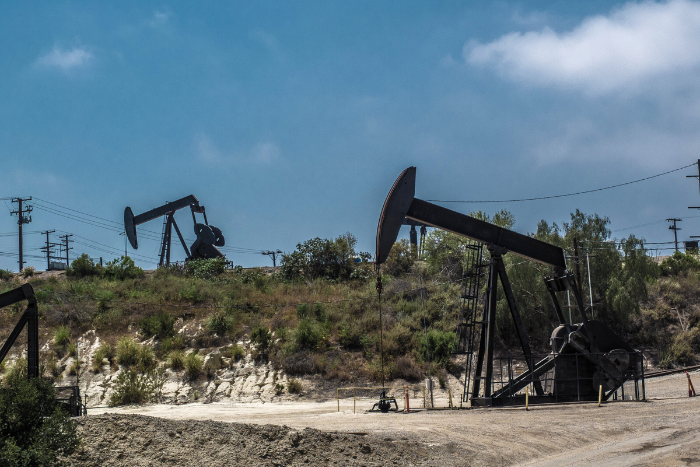Petroleum minister Hardeep Singh Puri announced at an event that 1 million square kilometres of India’s 3.5 million square kilometres of sedimentary basin have been made available for oil and gas development. This represents a substantial chunk of the basin that was previously designated as a “no-go” area. According to the Economic Times, 38% of the bids submitted in Round 9 of the Open Acreage Licensing Policy (OALP) fall into this recently established “no-go” category. There are plans to hold a tenth round of bidding. Puri emphasised India’s attempts to draw in foreign investors. “We are making it easier,” he declared. Not even an initial investment is required and that the government will pay the businesses to help with seismic surveys. According to the report, this represented a substantial change towards a more adaptable, investor-friendly strategy.
UK releases £22 billion in subsidy for carbon capture projects after increased lobbying efforts
According to a report by the Guardian, the UK government’s move to provide £22 billion in subsidies to carbon capture projects was preceded by increased lobbying efforts by the fossil fuel industry. As per the official transparency records, major oil and gas companies like BP, ExxonMobil, and Equinor attended 24 out of 44 external ministerial meetings in 2023 to discuss carbon capture and storage (CCS). This is a significant increase, given that during 2020–22, oil and gas corporations would typically attend seven to ten of these sessions annually. UK’s policy builds upon the plans of the previous Conservative government to create four CCS “clusters,” wherein part of the CO2 released by fossil fuel-burning enterprises and power stations would be captured through carbon capture. Subterranean pipelines would subsequently transport the extracted gas to exhausted oil and gas reservoirs beneath the North and Irish Seas for storage.
BP to drop planned cut in oil production
In an effort to narrow the difference in value with competitors in the energy sector, BP is going to abandon an ambitious goal of reducing its production of oil and gas by the end of the decade, the Times reported. In 2020, the oil business set a target to increase spending on renewable energy and decrease its output of oil and gas by 40% by 2030. Following a sharp increase in commodity prices in February of last year, the goal was first lowered to a 25% reduction in production from 2019 levels, meaning the corporation would only be producing roughly two two million barrels a day. Now, the company is planning to formally abandon the target, the report added.
Funding for fossil fuel-prolonging projects increases by almost 350%: Study
According to a new study by the Clean Air Fund, foreign funding for fossil fuel projects increased almost by 350% in 2022, from $1.2 billion in 2021 to $5.4 billion. The study found that the Islamic Development Bank, Japan International Cooperation Agency, Asian Development Bank, European Bank for Reconstruction and Development, and International Finance Corporation—the World Bank’s private sector arm—were the top five donors of fossil fuel projects between 2018 and 2022.
About The Author
You may also like
Rise in Fossil Fuel Burning is Making Floods Lethal in Asia
EU to waste billions on hydrogen pipelines in new PCI list, warns experts
Lula Pitches Fossil Fuel Phase-Out at COP30, But Can a Divided World Agree?
Fossil Fuels CO2 Emissions Hit Record in 2025 as Global Carbon Budget Nears Exhaustion
OPEC Predicts 2026 Supply-Demand Balance, Leading to Another Drop in Oil Prices

